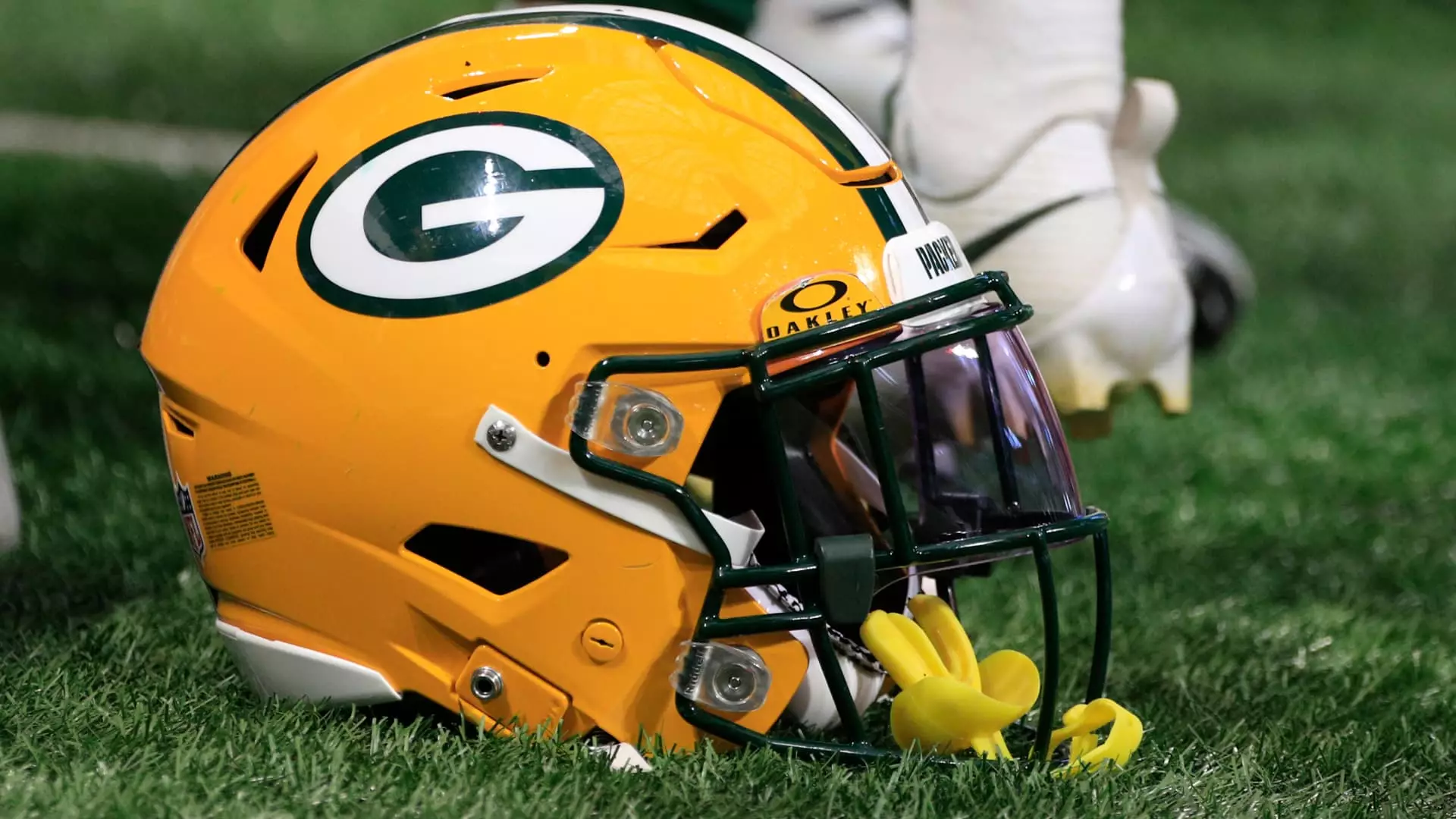In a league dominated by billionaires and corporate entities, the Green Bay Packers present a fascinating anomaly. As the sole publicly owned franchise in the NFL, and indeed across all four major North American sports leagues, the Packers embody a unique form of ownership that is deeply rooted in community engagement and local pride. With an estimated value of $6.3 billion according to CNBC’s 2024 valuations, the Packers not only stand as the 12th most-valuable NFL team but also showcase a legacy of resilience and adaptation that defies conventional business models in professional sports.
The Packers’ ownership structure is a remarkable feature that sets them apart from their competitors. Instead of functioning under a traditional ownership model where profits can be maximized and dividends distributed, the team operates on a system of stock ownership that is devoid of any monetary returns. Over the decades, the franchise has conducted multiple stock offerings, beginning in 1923 and continuing through to as recently as 2021. This initiative has led to an impressive 5.2 million shares held among more than 538,000 stockholders, mostly composed of ardent Packers fans. However, despite holding shares, these owners enjoy limited rights and privileges; they do not gain any financial profit from their ownership, which in many ways highlights a communal rather than a capitalistic ethos.
Ownership in the Packers differs starkly from the conventional American sports franchise experience. Shares purchased do not yield dividends, and transferability is heavily restricted—shares can only be handed down to family members. This reinforces the idea that ownership, in this context, isn’t about wealth accumulation but rather passion for the team and its traditions. The annual meeting gives shareholders a voice in the governance of the franchise, allowing them a sense of involvement but not a stake in financial gains typical of most business investments.
Financially, the Packers operate as a nonprofit organization, further complicating their relationship with private equity firms and potential investors. This model makes attracting deep-pocketed investors a challenging endeavor, as the intrinsic value of the shares is minimal in terms of return on investment. For instance, current regulations restrict individual ownership to a maximum of 200,000 shares, which constitutes a mere 4% of the team’s total shares available. Moreover, even in favorable conditions, the likelihood of enticing private equity investment remains bleak due to the limited financial upside associated with holding ownership.
The financial flows of the franchise—$638 million in revenue for 2023 with $128 million in earnings before interest, taxes, depreciation, and amortization—are directed primarily toward enhancing player salaries, maintaining the iconic Lambeau Field, and other essential operating expenses. This ensures that the capital generated serves community interests rather than lining the pockets of a select few owners. The team’s commitment to being accessible to fans emotionally and financially has fostered a strong bond between the franchise and its supporters, creating a model that champions community over profit.
Moreover, the unique standing of the Packers reaches beyond financial matters. The franchise operates in Green Bay, a city known as the smallest television market in the NFL. It may lack the tourist attractions of cities like Las Vegas or New York, yet the unwavering loyalty of its local fan base speaks volumes about the team’s cultural significance. This loyalty has remained solid despite frequent scrutiny from rival fans and organizations, largely due to the team’s long-standing stability at the quarterback position—a thread that wound from the storied career of Brett Favre to Aaron Rodgers and now transitions into Jordan Love.
The Future of the Packers
Looking ahead, the Green Bay Packers will continue to navigate the complexities of modern sports economics while preserving their unique ownership structure. The infrequency of stock offerings means that the opportunity for fans to buy into the franchise remains limited, adding an exclusive allure to the ownership experience that rivals teams with wealthier, more diverse investor pools. Nevertheless, as the game evolves, how the Packers adapt while staying true to their community-centric roots will be pivotal in determining their ongoing relevance and success in the broader NFL landscape. The ownership of the Green Bay Packers remains a captivating testament to how sports can transcend mere entertainment to embody community spirit and shared dreams.

